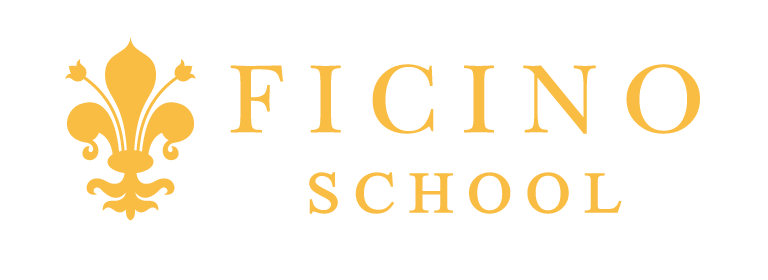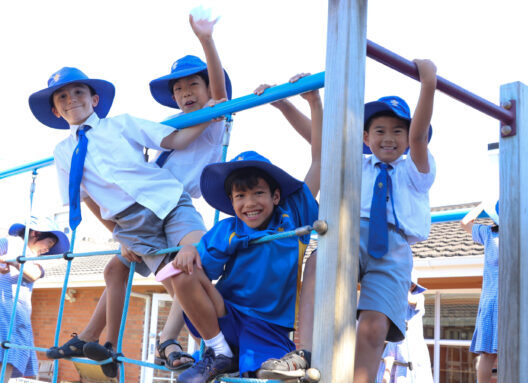The Arts
Music
Music is an integral part of school life. It teaches children rhythm, harmony and grace, and trains the mind and body in a discipline requiring concentrated attention and generosity of spirit.
The children learn music that they can really connect with, that is uplifting to the spirit and awakens the love of beauty, goodness and reason. Traditionally, this includes Mozart, Handel, Brahms as well as folk songs, songs from popular musicals, songs across a wide range of languages and cultures, and Christian hymns – ancient and modern. We also learn a wide selection of Maori waiata.
Singing is highly valued in the school and takes place three times a week. Children also receive lessons in listening, rhythm and musical appreciation, as well as the history of music and composer studies for senior classes.
In Year 4, all children are taught to play the recorder in class. Some continue to play this instrument either in private tuition or as part of a Recorder ensemble. We strongly encourage students to discover the pleasure and positive discipline of music tuition. Students are able to take private 30-minute lessons once a week with a specialist music teacher, in the following instruments: Flute, Guitar, Piano, Recorder, Trumpet, Ukulele and Violin as well as private singing lessons..
Choir
Ficino School started its choir in 2019, participating in Kids Sing as one of the youngest intermediate choirs. Despite this, they received a Silver Award for their performance and so began our students love of performance.
The junior and senior choirs have since been replaced by an auditioned choir and an all-comers choir. Any child from Year 3-8 is welcome to audition for the choirs, and if they are not yet ready for the auditioned choir, they will be welcomed in the all-comers choir where they can develop their vocal skills and enjoy singing with a team.
We have been lucky enough to have several professional singers and choir masters work with our students to develop their vocal techniques. Our current Choir Master, Ms Elise Bradley is a passionate musician, award-winning conductor, and internationally respected adjudicator and clinician.
Learn more about our choir history and teachers.
Art
Beauty and creativity are important to everyone but particularly vital in the life of children.
The walls of the school are alive with the artwork of the children. The children’s paintings reveal innocence, beauty and a remarkable level of technical ability. Ficino School’s art curriculum aims to inspire the students with a love of creating, sharing and observing art in its finest sense. Children are encouraged to learn about various periods of Art and to discuss the works of the great masters of the Renaissance period through to more contemporary artists. Life drawing from the observation of real objects and the use of good photographic references, rather than just imagination, trains students to see accurately.
The children are also encouraged to open their eyes to the design, colour, form, rhythm, texture, balance and pattern in the world around them. Over the course of the curriculum, they will practise a variety of 2D and 3D experiences and techniques.
Speech And Drama
Drama encourages the students to discover their own inner stillness and strength through practical activity. It gives them courage and confidence. Students learn to speak with clarity and emotional sincerity, and practise refined speech and directed action.
Acting and recitation improve language skills and vocabulary and enhance the children’s ability to express themselves beautifully. Memorising lines improves the ability to remember and retain information easily and to attend fully.
All children in the school have at least one dedicated drama lesson a week and regular tuition in speech and recitation. Children will likely take part in three or four productions in their time at Ficino School.
Productions bring the school together in a unique way, and also open the doors to the community at large. Through the process of putting on a production – attending rehearsals, learning lines, and so on – the class grows in strength. Students are put beyond their comfort zone. This discipline builds character and emotional maturity, and it teaches the children generosity.
Productions vary in length and content according to the capacity of the students. Younger students may present a simple fable or story (it is traditional for Year 3 to put on the Nativity Play); older students, short one or two act plays. These can be performed just to the school or their syndicate, or sometimes to their class parents. Senior students (ages 11-13) present a full Shakespeare play, with minor abridgements, which is open to the wider community.
Dance
All junior classes and senior classes have a weekly dance lesson for two terms, with students in the middle school enjoying Kapa Haka lessons and learning some of the traditions that are uniquely New Zealand
Students are encouraged to focus their attention on how their body moves in space and the details of specific kinds of movements. For this we learn dances from many different cultures and time periods. These include medieval and regency dances as well as the waltz and ballet from the western tradition. We also learn bharatnatyam and garba from the Indian tradition, particularly focussing on the detailed hand positions or mudras. Apart from this children learn many dances from Maori and Pasifica traditions including poi, hula, kapahaka, haka, Samoan sasa and stick dances. Children also have an opportunity to choreograph dances in groups.
Our dance programme develops physical expressiveness, musical responsiveness and refinement of coordination. It also encourages children to take joy in moving their bodies and working respectfully with a partner. Occasional performances are given to share our dances with parents.
Performance Opportunities
Much of the joy of learning music is to share the fun of playing or singing with others.
Recitals are held two or three times each year to give our musicians the opportunity to perform to a supportive audience. Children also have opportunities to perform at assemblies, especially as practice before sitting performance examinations. A music competition is held each year in which all students learning an instrument are invited to participate, playing either individually, in duets or in small groups. This also gives an opportunity for singers to be accompanied by instruments played by their peers.

